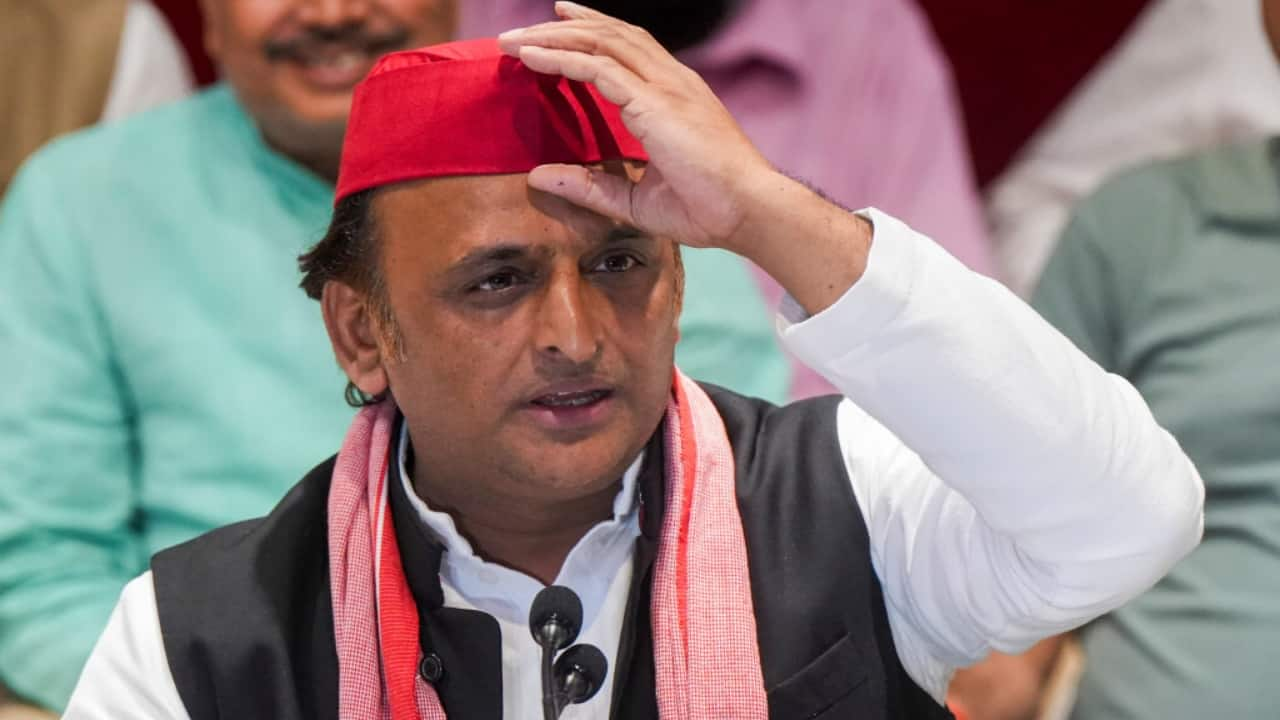THE Philippines has reaffirmed its support to the Association of Southeast Asian Nations (Asean) by standing in solidarity with the bloc in its decision not to retaliate against the United States’ reciprocal tariffs, signaling a unified regional approach to the global trade challenge. Department of Trade and Industry (DTI) Secretary Ma. Cristina Roque attended the virtual Asean Economic Ministers (AEM) Special Meeting on Thursday, where discussions focused on the bloc’s response to the US’ imposition of tariffs.
The AEM said in a joint statement that Asean commits not to impose any retaliatory measures over the issue. “We recognized the necessity for a comprehensive impact assessment to fully understand the direct and indirect consequences of these tariffs on Asean member states,” Roque told trade reporters in a Viber message following the meeting. “We recognized the need to formulate effective mitigation strategies, ensuring the protection of our member states’ interests, and maintaining our investors’ confidence,” she added.

The Marcos administration’s top trade official said Asean works to strengthen ties with the US through proactive engagement and enhanced cooperation platforms such as the Trade and Investment Facilitation Agreement and the Expanded Economic Engagement Workplan. “Additionally, Asean will explore new agreements to bolster supply chain resilience and expand market access, demonstrating our commitment to proactive engagement with the US,” Roque added. Rizal Commercial Banking Corp.
chief economist Michael Ricafort suggested that the Asean negotiates with the US on tariffs as a collective bloc rather than individually, noting that a united approach could be more efficient. “Negotiations for lower US reciprocal tariffs could also be done collectively with other Asean countries, led by Malaysia, to simplify common concerns and save time amid many countries negotiating with the US to reduce tariffs,” Ricafort told the Philippine News Agency. He added that US President Donald Trump’s decision of a 90-day tariff pause but imposing a universal rate of 10 percent is a welcome move since this is better than the 17 percent reciprocal tariff for the Philippines announced earlier.
Ricafort said this gives time for countries to negotiate with the US. Meanwhile, Asean top trade chiefs vowed to further strengthen intra-Asean trade and investment within the region despite the possible economic impact that would result from the US reciprocal tariffs. “In response to the economic repercussions that may arise, we will continue to work together more closely, with greater unity and solidarity and remain committed to Asean’s rule-based trade.
This collective effort will enable Asean to cope with and overcome the global trade crisis, minimize the impact on our people, and continue to grow sustainably,” the AEM joint statement read. / PNA.















